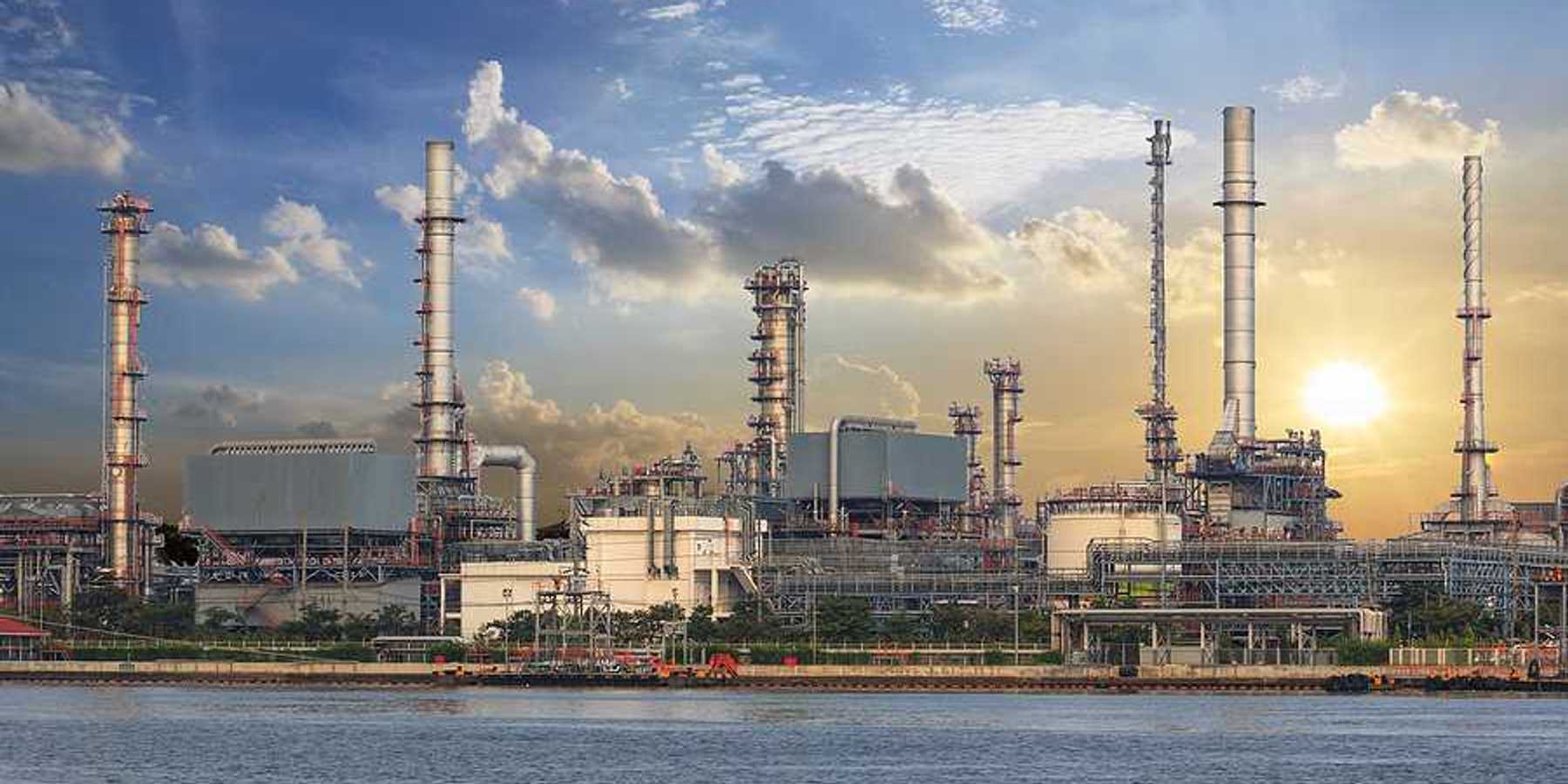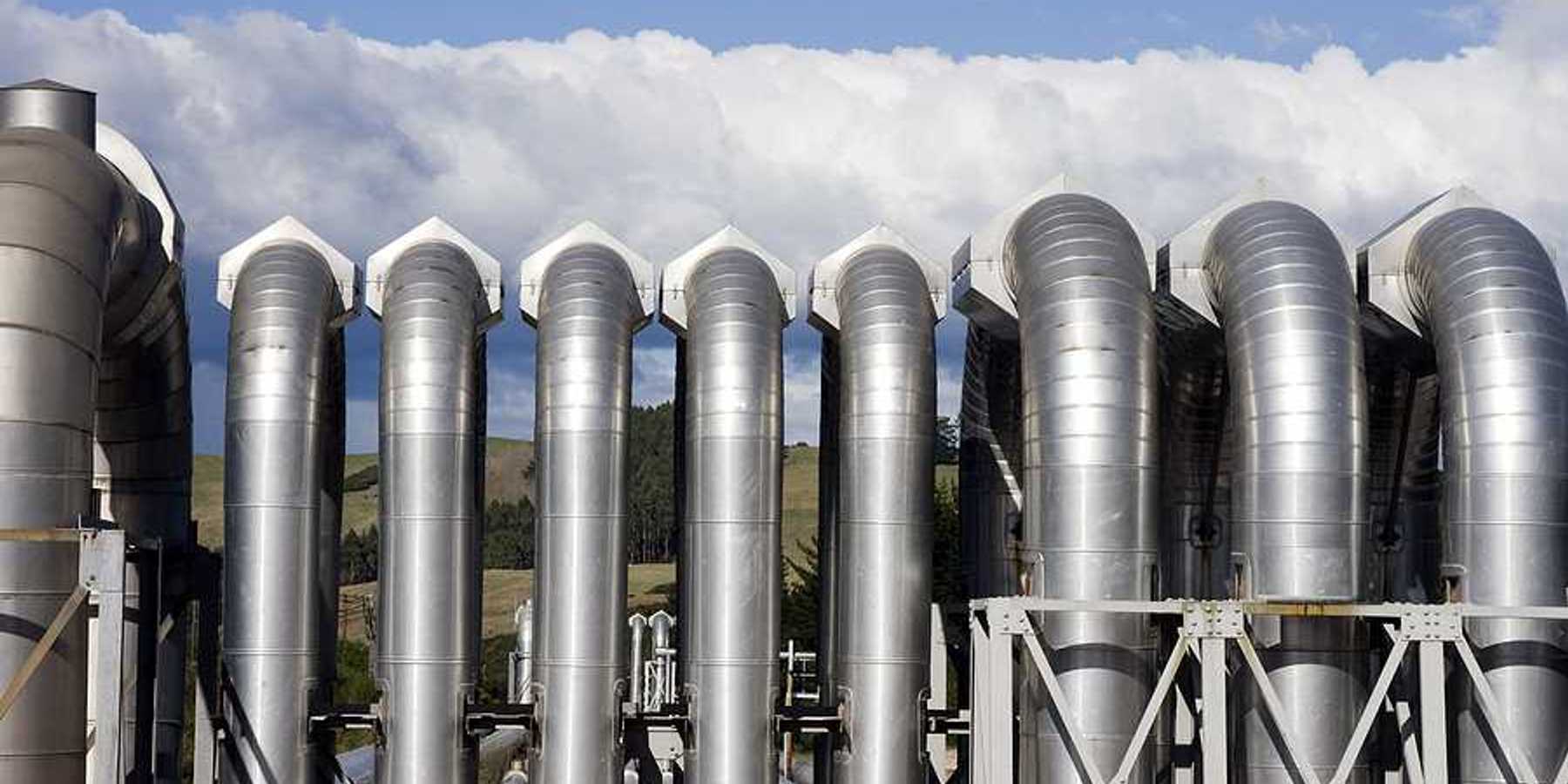US Senate science advisor talks geoengineering from high in the sky
Shuchi Talati discusses sunlight-blocking aerosols, ocean seeding, rogue geoengineers—and a misunderstood field
Shuchi Talati, a science advisor in the U.S. Senate, is blunt about the lack of structure and regulation around geoengineering—"there is zero governance."
"There's no international governance body, no national governance body," Talati says, while hovering thousands of feet in the air with pilot Ali Nouri, previously a legislative director for former Minnesota Democrat Sen. Al Franken.
The interview is the Nouri's latest installment of "Above the Fray" — a YouTube channel where he flies around and interviews people working at the intersection of policy and science. Nouri previously interviewed EHN founder and chief scientist, Pete Myers, about BPA and other endocrine disrupting chemicals.
Talati gives Nouri a primer on geoengineering—which refers to technological manipulations of Earth's climate in an effort to slow climate change.
The two main types, she says, are solar radiation management, which mostly refers to injecting sulfur aerosols into the stratosphere to reflect sunlight and, hence cool the Earth; and carbon dioxide removal, which is best illustrated by direct air capture—machines that take carbon dioxide out of the air and store it underground.
The U.S. hasn't deployed geoengineering projects yet—and there are real concerns about messing with the Earth in these ways. The unintended consequences can create a suite of new problems. But, Talati says, fear and misunderstanding has essentially shut down meaningful conversations and research.
"The entire topic has just been extremely taboo, and people are just so averse to it that we can't even talk about governance," she said.
"Even though we're not near deploying this technology we don't want to limit our scientific endeavors. That's counter to our philosophy as a country," she says.
Check out their whole ride in the video above, and see all of Nouri's Above the Fray videos here.














